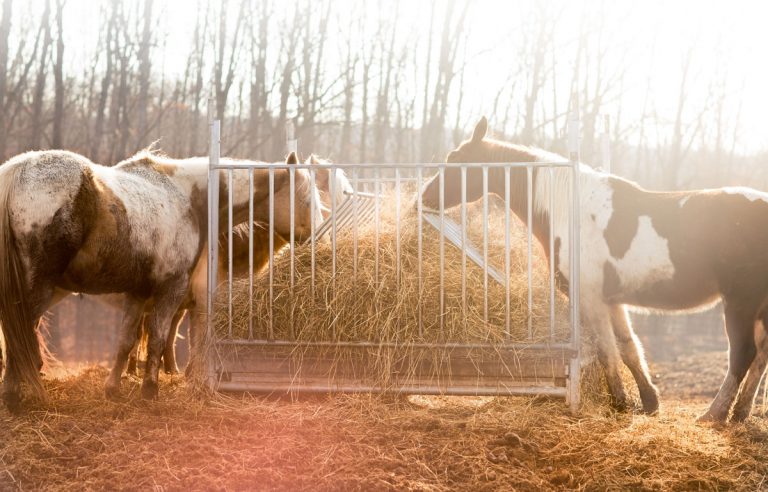For many horse owners, the health and well-being of their horses is a top priority. One essential nutrient that often comes into focus is vitamin E. This important nutrient plays a crucial role in maintaining the overall health and performance of horses. In this article, we will delve into why vitamin E for horses is so vital and how it contributes to their well-being.
Vitamin E is a powerful antioxidant that helps protect the body from oxidative stress. For horses, this means supporting muscle function, enhancing immunity, and promoting healthy skin and coat. Ensuring your horse receives an adequate supply of this vitamin is key to their health. As we explore the benefits of vitamin E for horses, you’ll understand why it is an integral part of equine nutrition.

The Role of Vitamin E in Equine Health
Vitamin E serves as an important antioxidant in horses, protecting cells from damage caused by free radicals. These free radicals are unstable molecules that can harm cells and tissues. By neutralizing them, vitamin E helps maintain cellular health, which is crucial for muscle function and immune response.
Supporting Muscle Health
Muscles are at the core of a horse’s strength and performance. Vitamin E helps in reducing muscle damage during intense exercise, thus aiding in quicker recovery. Horses that are deficient in this vitamin may experience muscle stiffness or weakness, affecting their performance and comfort.
Boosting the Immune System
A strong immune system is vital for horses to fend off diseases and infections. Vitamin E supports the immune system by enhancing the production of antibodies and improving the body’s response to pathogens. This makes horses more resilient to illnesses.
Promoting Skin and Coat Health
In addition to internal benefits, vitamin E also contributes to a shiny coat and healthy skin. Its antioxidant properties help in preventing oxidative damage to skin cells, resulting in a vibrant, healthy appearance.
Sources of Vitamin E for Horses
Horses typically obtain vitamin E through their diet. However, the amount of vitamin E in natural forage can vary based on factors like pasture quality and seasonal changes. Here are some common sources:
Fresh Pasture
Fresh pasture is an excellent source of vitamin E. Horses grazing on lush, green grass usually receive adequate amounts of this nutrient. However, during winter months or in areas with limited pasture, supplementation may be necessary.
Hay
While hay can provide some vitamin E, its content diminishes significantly after harvesting and storage. Therefore, horses primarily on hay diets might require additional supplementation to meet their needs.
Grain and Commercial Feeds
Some commercial horse feeds are fortified with vitamin E. It’s important to choose a feed that aligns with your horse’s age, activity level, and dietary requirements to ensure they receive adequate nutrition.
Signs of Vitamin E Deficiency
Recognizing vitamin E deficiency in horses is crucial for timely intervention. Some common signs include:
- Muscle weakness or stiffness
- Poor coordination or balance
- Weak immune response
- Rough or dull coat
If you notice any of these signs, consult with a veterinarian or equine nutritionist to evaluate your horse’s diet and health.
Supplementing Vitamin E
When natural sources are insufficient, supplementation becomes necessary. Vitamin E supplements are available in various forms, including powders, pellets, and liquids. It’s essential to choose a supplement that provides natural vitamin E (d-alpha-tocopherol) for better absorption.
Choosing the Right Supplement
When selecting a vitamin E supplement, consider the following factors:
- Form: Natural vitamin E is more bioavailable than synthetic forms.
- Dosage: Follow the recommended dosage based on your horse’s weight and dietary needs.
- Quality: Opt for reputable brands that guarantee purity and potency.
Consulting with Professionals
Before making any changes to your horse’s diet, consult with a veterinarian or equine nutritionist. They can provide personalized recommendations and ensure that your horse receives the right balance of nutrients.
For more information about equine nutrition, visit multivitamins for horses, horse mineral supplements, and equine nutrient absorption for comprehensive guidance.

FAQs About Vitamin E for Horses
Why is vitamin E important for horses?
Vitamin E is crucial for maintaining muscle health, boosting the immune system, and promoting healthy skin and coat in horses.
How do I know if my horse needs vitamin E supplementation?
If your horse shows signs of deficiency, such as muscle weakness or a dull coat, consult with a veterinarian for dietary recommendations.
Can horses overdose on vitamin E?
While it’s rare, excessive supplementation can lead to toxicity. Always follow recommended dosages and consult with a professional.
For further reading on equine deficiencies, visit nutritional deficiencies in horses for more insights.
This article contains affiliate links. We may earn a commission at no extra cost to you.
